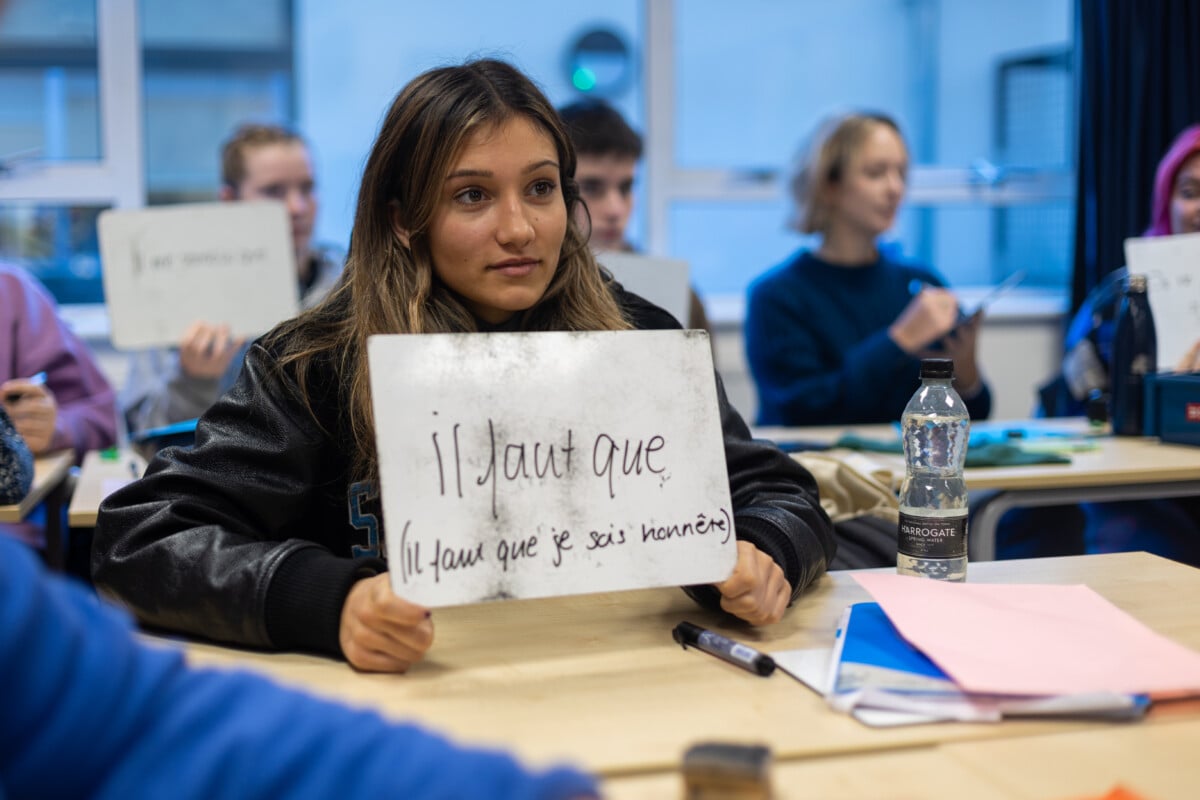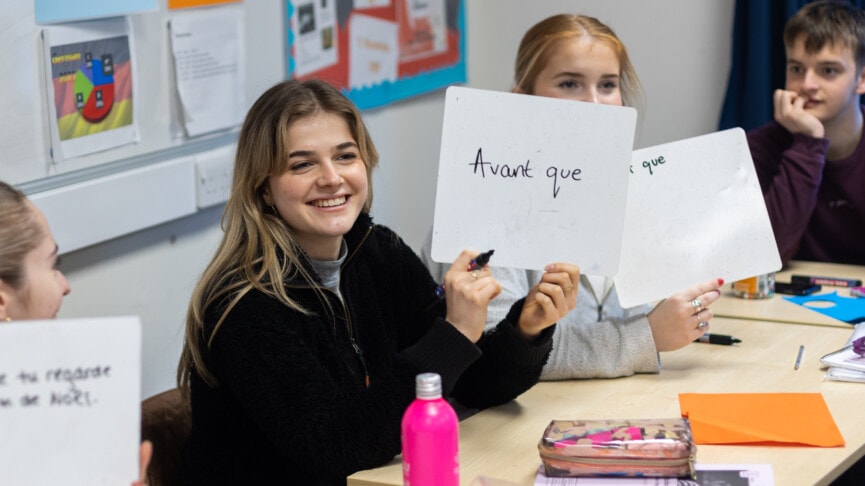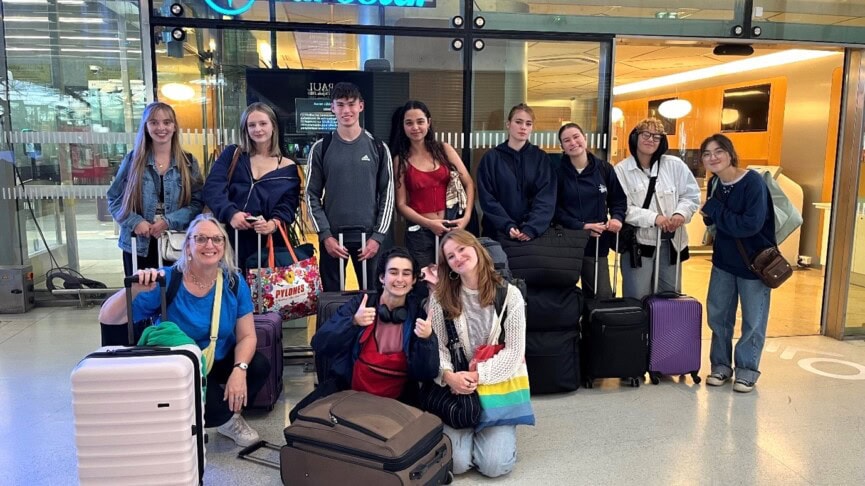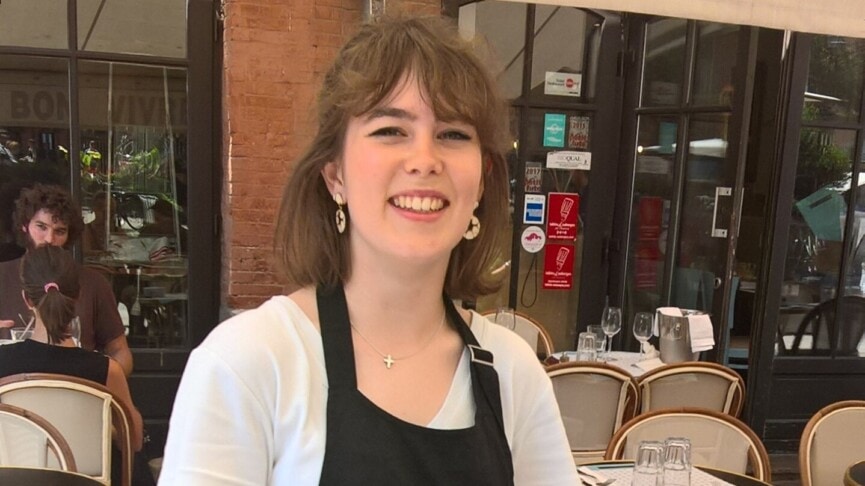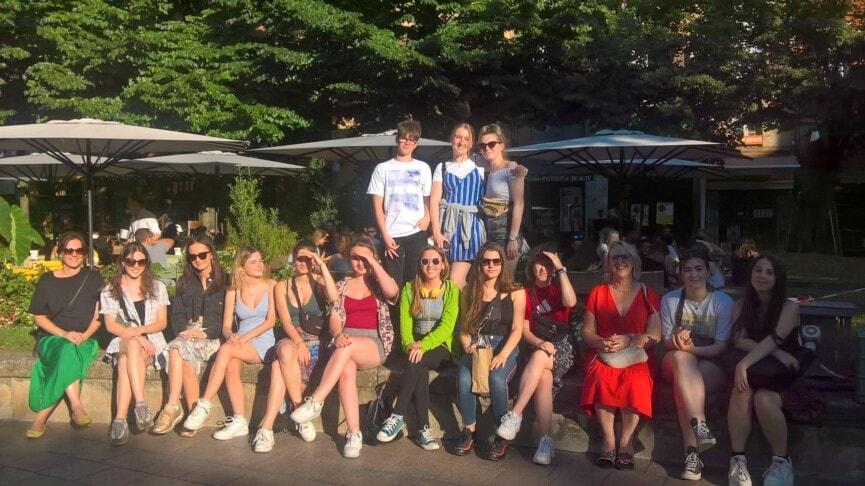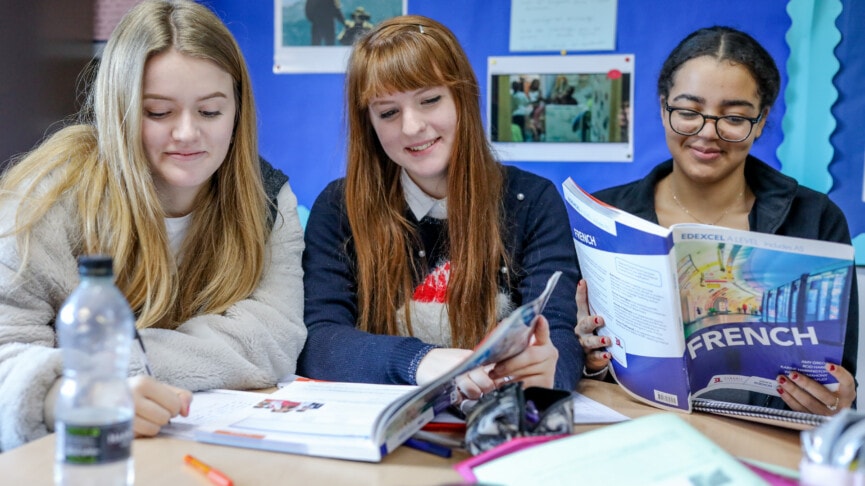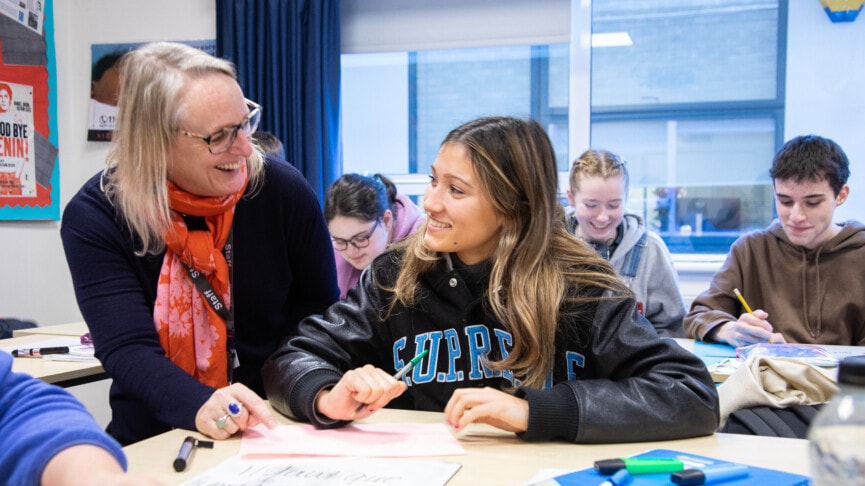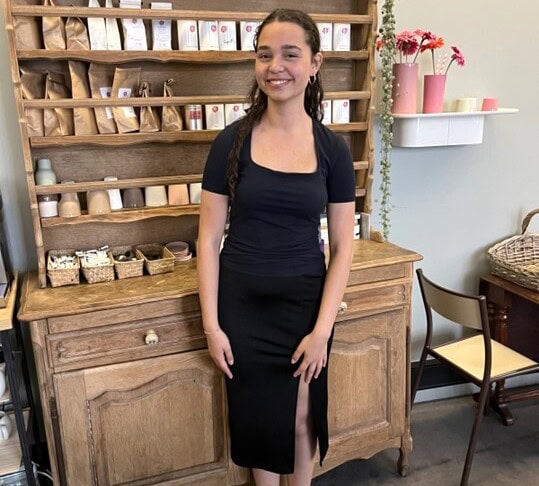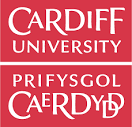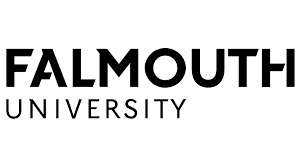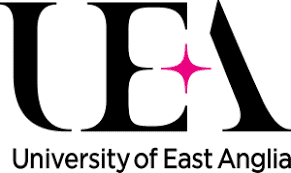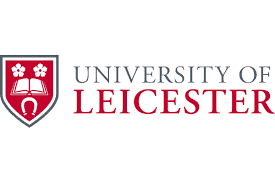Overview
If you study French, you will gain in-depth understanding of the culture and society of the French-speaking world, through studying films, music, media, politics and more.
You will develop skills in communication through listening, speaking, reading and writing, as well as translation into and out of the language. You will also develop your language skills to be able to read and analyse a book and film in French, which is both challenging and fun.
French will test your analytical skills and ability to express yourself clearly. Studying French will broaden your job prospects and you will earn yourself a ticket to travel and work confidently in the French-speaking world.
Entry Requirements
In addition to the College Entry Requirements, to qualify for this course you will also need to achieve a minimum of:
- Grade 6 in GCSE French and Grade 4 in GCSE English Language.
Course Details
In the first year, you will study topics focusing on Family, Education, the Workplace, Music, Media, Festivals and Traditions. You will be given a wide variety of authentic materials including film, music, interactive online activities, language laboratory activities and the opportunity to work or stay in France on an exchange. You will also study a film in-depth – The Intouchables. You will also have a weekly session with our language assistant to help prepare you for your oral exam.
In the second year, you will consolidate and extend the first year’s topics. Furthermore, you will study Immigration and Multiculturalism in France, and the Occupation of France during World War 2. You will also study the novel L’Étranger by Albert Camus. As with the first year, you will have weekly sessions with our language assistant in preparation for your oral exam.
Assessment
Assessment is by two written exam papers (70%) and one oral exam (30%).
Subject Combinations
Whatever subject you combine French with, a language A Level is very much a facilitating subject for any Russell Group or High Tarriff university. Facilitating subjects are regarded as a great way of keeping your options open and most commonly required, or preferred by universities to get on to a range of degree courses.
Language study combines well with all other subjects and is an excellent way to enhance your transferable skills and your global awareness and mobility.
University Destinations
French A Level is a highly respected qualification, with 90% of our students progressing onto university.
Here are some typical University Destinations that our French A Level students go on to. Click on a destination to see some examples of courses they have taken;
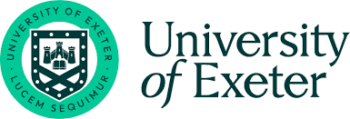
University of Exeter
Typical courses: Ancient History and Archaeology with Study Abroad / Flexible Combined Honours with Study Abroad / Modern Languages
Careers
It is well documented that language graduates have one of the highest employment rates and that employers value the transferable skills which study of a language provides.
Language graduates are often employed in international banks, journalism, law, marketing, tourism, industry and a variety of other professions. Being proficient in a language gives you broader career options.
According to the Confederation of British Industry, the UK’s education system is failing to produce enough people with foreign-language skills to meet a growing need from business. Some 41% of businesses said knowledge of a foreign language was beneficial, with French identified as one of the most useful languages.
FAQs
What extra support is there at Esher?
We are privileged to have a language assistant who can give tutorial support on a weekly basis. There is also a regular French clinic in the week.
The department also provides excellent materials on the College Portal, including Grammarblasts, booklets, links and copies of the PowerPoints in class, to help you revise.
What trips are there?
The department usually offers a French Work Experience Visit to French city such as Lille or Toulouse. Students gain work experience in a wide variety of placements, whilst immersing themselves in a French family whose home they stay in.
We also participate in a Study Day at the BFI, learning about French film, and other cultural visits in London when possible.
What skills will I need and develop on this course?
This course is designed to build directly on skills learned at GCSE. You will also develop your analytical and creative skills, communication skills, presentation skills, interpersonal skills and cultural awareness. It is helpful if you are comfortable with writing an essay about a book or a film.
How will I study at Esher?
You will get four lessons per week plus a speaking session in small groups with a native speaking assistant .
- Lesson 1: Listening skills: on a computer in the languages computer room
- Lesson 2: Grammar and translation skills
- Lesson 3: Cultural Topics
- Lesson 4: Topics about France.
Homework: we expect you to spend an additional 5-6 hours a week, this can be in college or at home and could be translation work, an essay plan, a reading comprehension or grammar work.
What do our students say about learning French?
“French at Esher is particularly interesting for me as the speaking lessons help me get used to casually using French, which is a useful skill to have. I also like how well the teachers figure out where the gaps in my knowledge are and spend time filling them.” Amber.
“I enjoyed the fact that the small group discussions help you get to know everyone really well. And the trip is a great way to improve your fluency. The film we study helps to show different elements of the language, such as slang, and the book touches on subject areas such as philosophy, which I wouldn’t have known about otherwise.” Hannah.
“The good thing is you don’t have to be fluent to study a language. At first, I was nervous because some students in my class had French backgrounds of some sort, btu everyone will have different strengths and weaknesses. I’ve found not being fluent actually makes learning and remembering grammar rules a lot easier. A Modern Foreign Language looks extremely good on a CV and is definitely fun to study too!” Carys.
